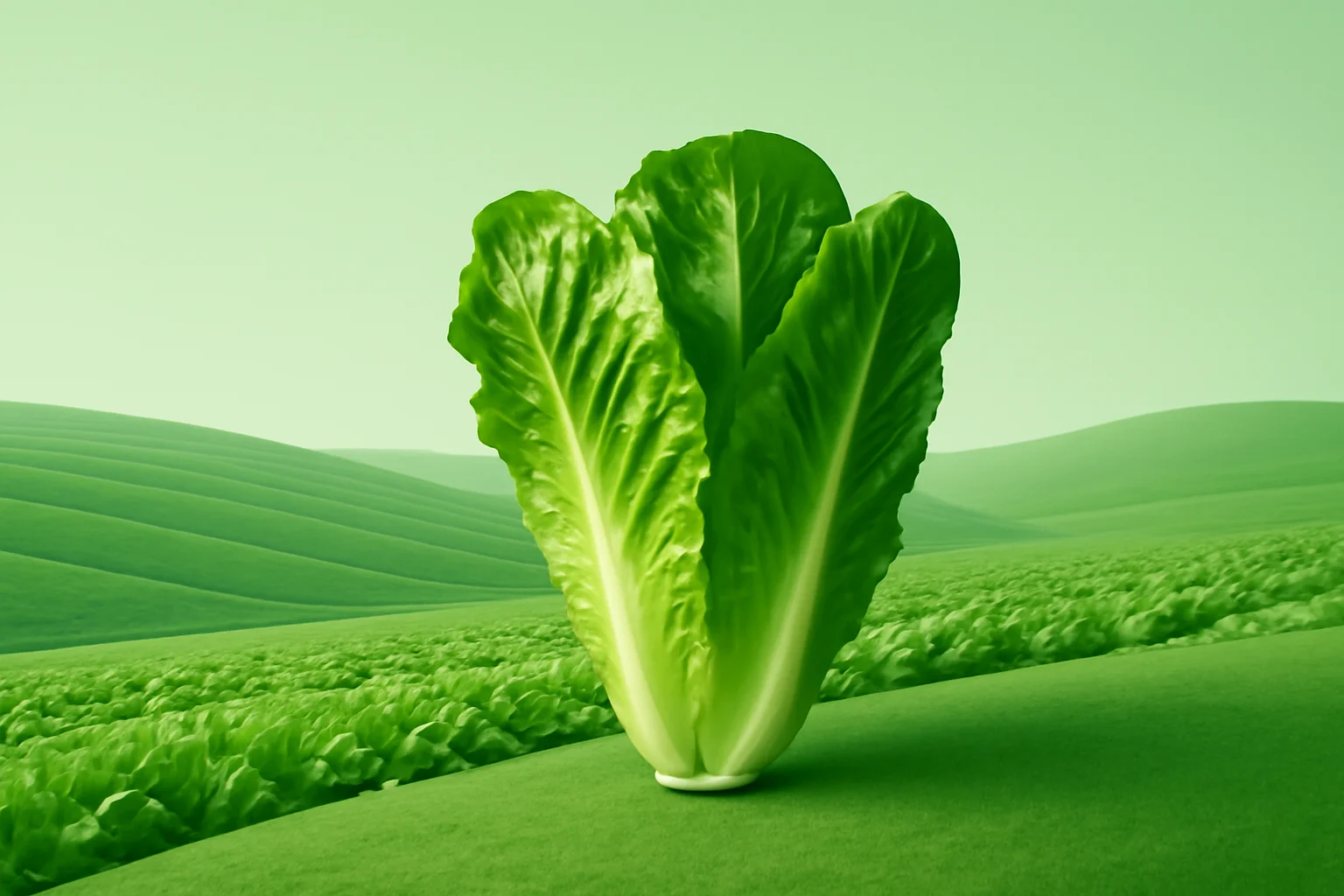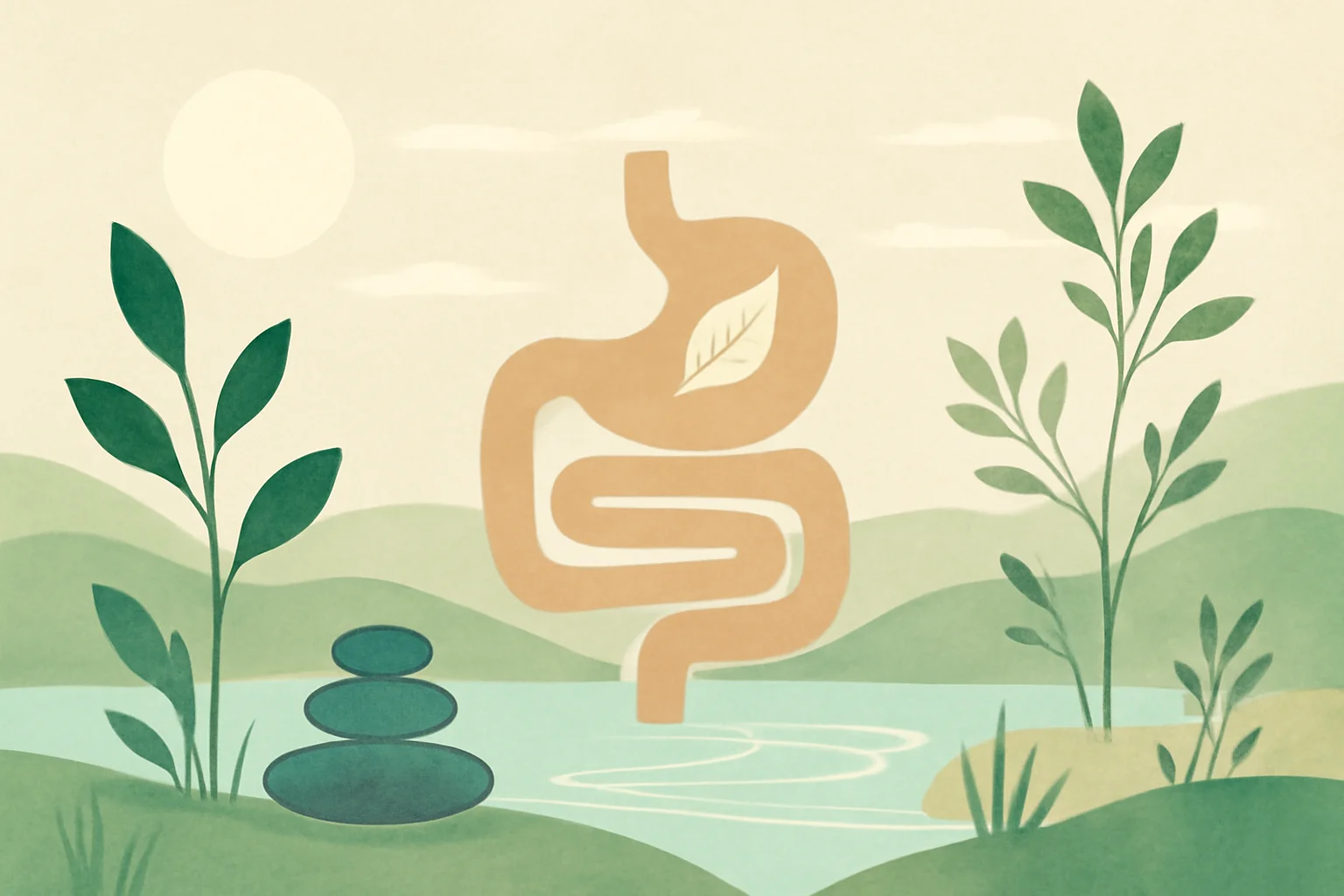
The Beneficial Effects of Romaine Lettuce on Our Health
The romaine lettuce, also known as Lactuca sativa, is not just a tasty vegetable but also a nutritious food that has numerous beneficial effects on our health. In recent years, the focus on conscious eating and the emphasis on natural ingredients have gained increasing popularity, so it is not surprising that vegetables, especially salads, receive special attention. The fresh, crispy leaves of romaine lettuce not only serve as a delicious side dish but are also worth incorporating into our diet due to the nutrients they contain.
Nutritional Content of Romaine Lettuce
The nutritional content of romaine lettuce is outstanding, as it is packed with vitamins and minerals that are essential for the healthy functioning of the body. One of the primary nutrients in romaine lettuce is vitamin C, which strengthens the immune system, aids in wound healing, and has antioxidant properties. Additionally, it contains B vitamins, such as folic acid, which plays an important role in cell division and blood formation.
Among the minerals, potassium stands out, helping to regulate blood pressure, as well as magnesium, which contributes to the proper functioning of the nervous system. Romaine lettuce is also rich in fiber, which aids digestion and helps maintain the balance of gut flora. Fiber plays an important role in maintaining the feeling of fullness, thus helping to control body weight.
The water content of romaine lettuce is also remarkable, as it consists of about 95% water. This is a significant advantage, as it contributes to maintaining proper hydration. Hydration not only positively affects skin health but also all functions of the body, including the circulatory system and metabolism.
Health Benefits of Romaine Lettuce
Regular consumption of romaine lettuce has numerous beneficial effects on the body. One of the most important advantages is that it supports digestion. The fiber it contains helps normalize bowel movements, thus reducing the risk of constipation and promoting more efficient nutrient absorption. Healthy digestion contributes to the overall well-being of the body and can help prevent various digestive problems.
Furthermore, consuming romaine lettuce can help reduce inflammatory processes in the body. The antioxidants present, such as vitamin C and flavonoids, protect cells from the harmful effects of free radicals, thus contributing to long-term health preservation. Reducing inflammation can be particularly important for individuals struggling with chronic diseases, where maintaining the balance of gut flora is crucial.
Due to its low calorie content, romaine lettuce is also an ideal choice for those on a diet. Eating plenty of vegetables helps maintain the feeling of fullness, thus reducing the risk of overeating. Moreover, the fresh taste and texture of the lettuce can elevate meals, making it easy to incorporate into daily diets.
How to Use Romaine Lettuce
The versatility of romaine lettuce allows it to be used in various ways in the kitchen. One of the most popular ways to consume it is as a salad, to which various dressings and ingredients can be added. You can make a simple green salad by adding a little olive oil, lemon juice, and spices, or enhance it with other vegetables, fruits, and nuts.
Romaine lettuce is also great for making sandwiches and wraps. The fresh leaves excellently replace part of the bread or tortilla, offering a healthier alternative. You can fill them with chicken, tuna, vegetables, or even hummus, creating a nutritious and delicious meal.
In addition, grilling or roasting romaine lettuce is an interesting alternative that offers new flavor experiences. Grilled lettuce can be a particularly good choice if you want to add a little smoky flavor to your meals. The leaves of romaine lettuce withstand heat well, thus acquiring a unique flavor profile when cooked.
Remember that the freshness of romaine lettuce is crucial, so it is worth sourcing it from local producers or growing it in your own garden. Fresh vegetables are not only tastier but also have a higher nutrient content, providing us with the best benefits.
Note: This article does not constitute medical advice. If you have health concerns, please consult a doctor!

